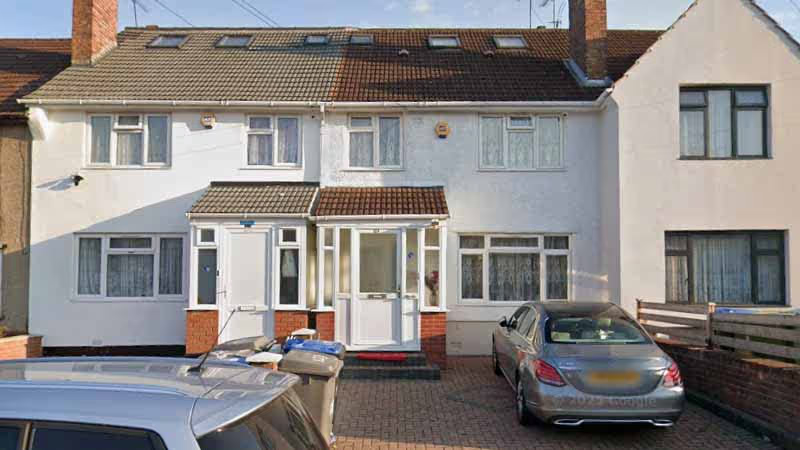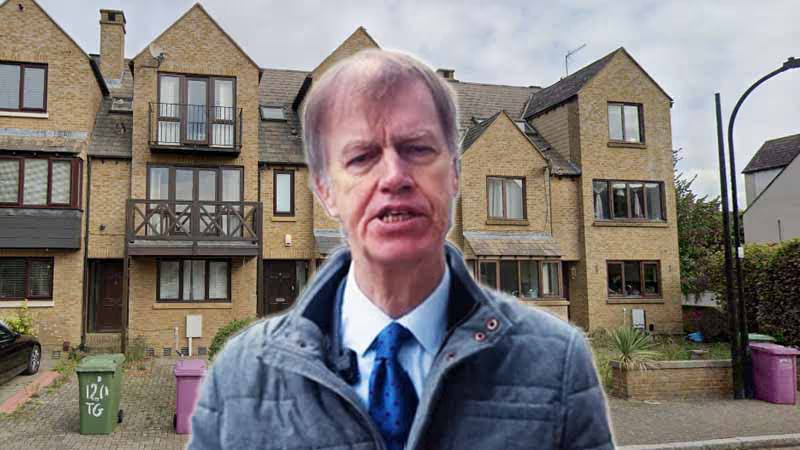High rents are prompting tenants and landlords to choose alternative deposit schemes, according to one provider.

Flatfair has reported record figures for the first quarter of 2024 when 56% of tenants chose its product over a traditional deposit when offered the two options side by side, explains CEO Gary Wright (pictured).
“According to research from Homelet, rents were 7.9% higher than the same period last year,” he adds. “That means the average five-week traditional deposit rose to £1,617 – higher than ever before. flatfair tenants, however, were able to save £1,300 on their upfront move-in costs by using our deposit alternative at a time when the cost of living continues to impact affordability.”
Tenants typically pay the equivalent of one week’s rent (upfront or over 12 months) under alternative deposit schemes, plus a small setup fee for a no-deposit guarantee. There have been calls for a Code of Conduct to be created for them after the Competition and Markets Authority found a ‘significant minority’ of letting agents and landlords were flaunting consumer protection rules.
Marked increase
“We’re also noticing a marked increase in the number of landlords willing to offer the choice of a deposit alternative on their properties because they receive double the protection of a traditional deposit - up to 10 weeks for damages and/or rent arrears - at a time when rent arrears have been on the rise,” says Wright.
According to a Uswitch report last month, the percentage of landlords reporting rental arrears from tenants was 35% in Q3 2023. While online mortgage lender Molo reported that landlords in the UK were experiencing on average 2.9 late payments each year.
“We will attempt to collect any outstanding charges over the 10 weeks whereas with a traditional deposit, landlords must attempt to recover these costs themselves, which is often a fruitless and exhaustive task,” he adds.















.avif)
.avif)



















Comments